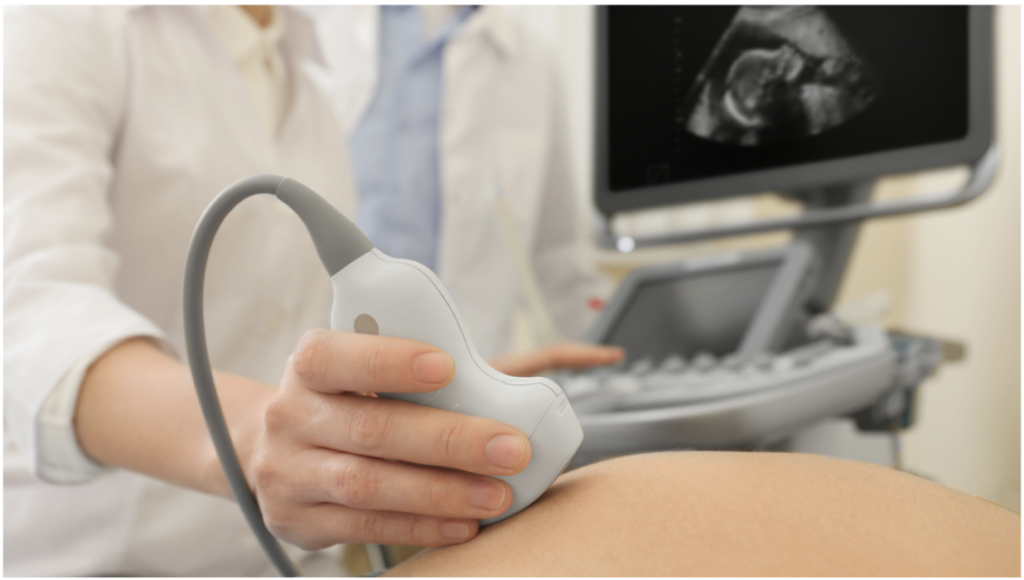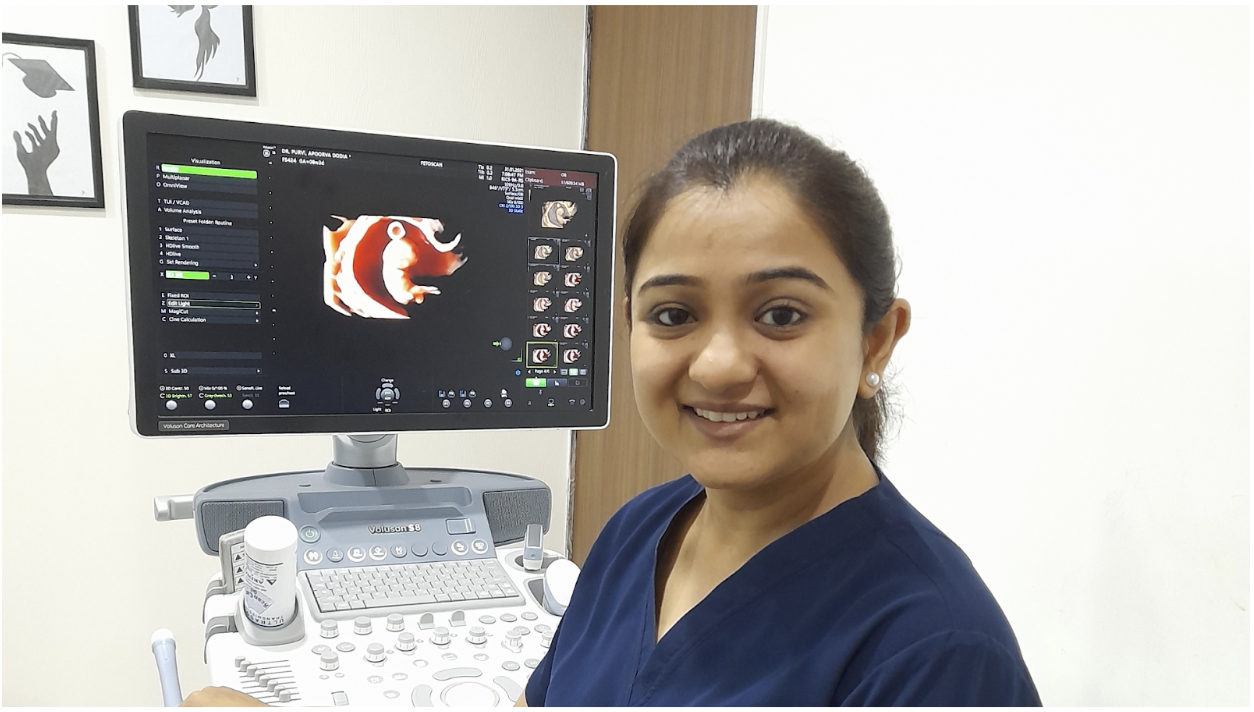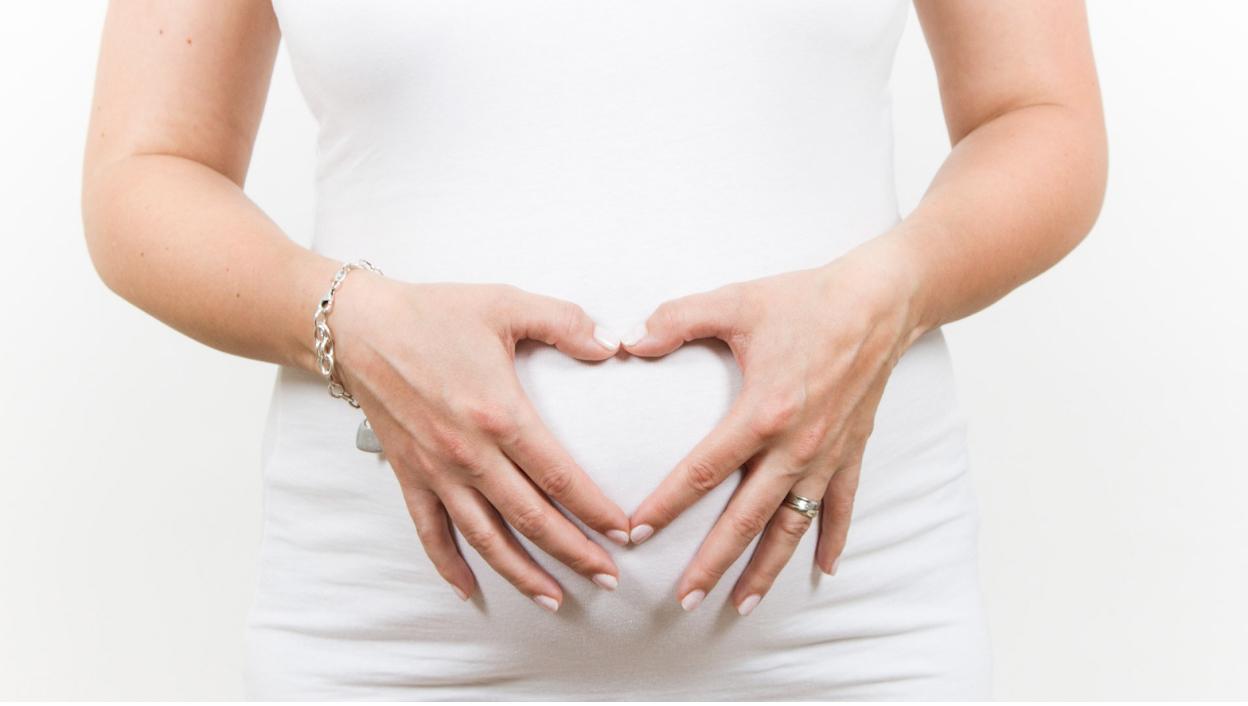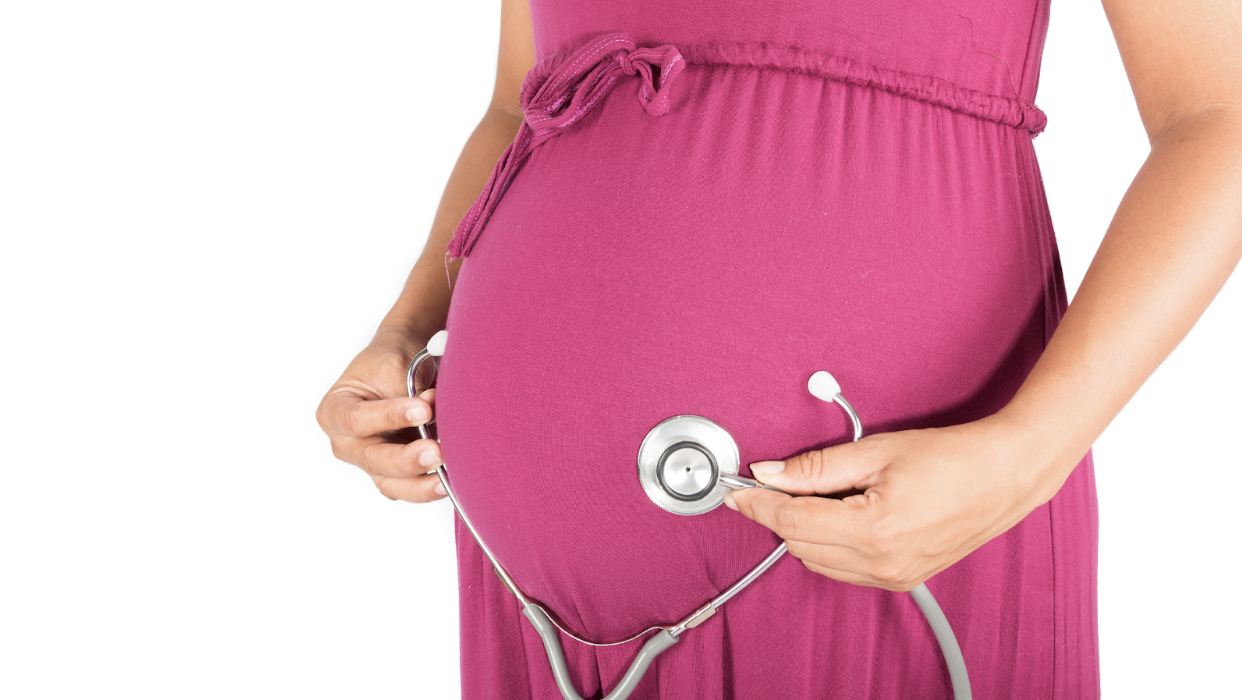What is Down Syndrome
Typically humans have 46 chromosomes in each cell. Instead, if there are 47 chromosomes (due to an extra full or partial copy of chromosome 21), Down syndrome occurs. These children may have a variable degree of intellectual disability, heart and gastrointestinal problems, and other abnormalities.
Read more here: https://fetoscan.in/2022/07/14/detecting-down-syndrome-before-birth-by-a-fetal-care-expert/
According to the National Down Syndrome Society, People with Down syndrome have an increased risk for certain medical conditions such as congenital heart defects, respiratory and hearing problems, Alzheimer’s disease, childhood leukemia, and thyroid conditions. Many of these conditions are now treatable, so most people with Down syndrome lead healthy lives.
Fetal chromosome analysis is the only way to know if the fetus has Down syndrome. If Down syndrome screening shows a higher chance of Down syndrome, you may want to take a diagnostic test to confirm or rule out the diagnosis.
Types of DOWN SYNDROME SCREENING tests
Combined Screening Test
The combined screening test is also known as the first-trimester screening test: it is done during the first trimester (between 11 and 14 weeks). It combines information from the ultrasound examination of the fetus and the mother’s blood. The test can be done in a separate pregnancy window: when the fetus’s length is between 45mm and 84 mm only. Before and after this window, the test is inaccurate and hence not offered.
Quadruple Screening Test
The QST is performed when the fetal head measurement called the BPD (Biparietal Diameter) is between 32 and 52mm since the hormones tested have a predictable level during this time. Therefore, the hormone level in a particular patient can be easily compared to the expected level for that stage of pregnancy.
Non-Invasive Prenatal Test
The non-invasive prenatal test (NIPT) is also known as non-invasive screening (NIS), DNA- test, and cell-free fetal DNA test (cf-fDNA). It has a high sensitivity of 99% for detecting common aneuploidies.
Genetic Sonogram
The Genetic Sonogram is a detailed fetal examination through ultrasound looking for eight subtle clues. In about 50% of Down syndrome fetuses, two or more of these features may alert us to offer the definitive test – amniocentesis. Usually, the genetic sonogram is not offered as a standalone screening test for Down Syndrome because of the low detection rate and high false alarm rate. It is combined with the QST, especially when the result of the QST falls in the borderline zone.
Down Syndrome Screening in India
Fetoscan, run by DR. Aparna Dodia, is a state-of-the-art technology center for fetal care and diagnosis. Fetal scans can help you evaluate the growth and development of your baby. At Fetoscan, they match the technology with advanced diagnostic analysis to monitor your pregnancy. The technology is non-invasive and safe for both you and your baby.
To book your appointment, click here: https://fetoscan.in/services/





